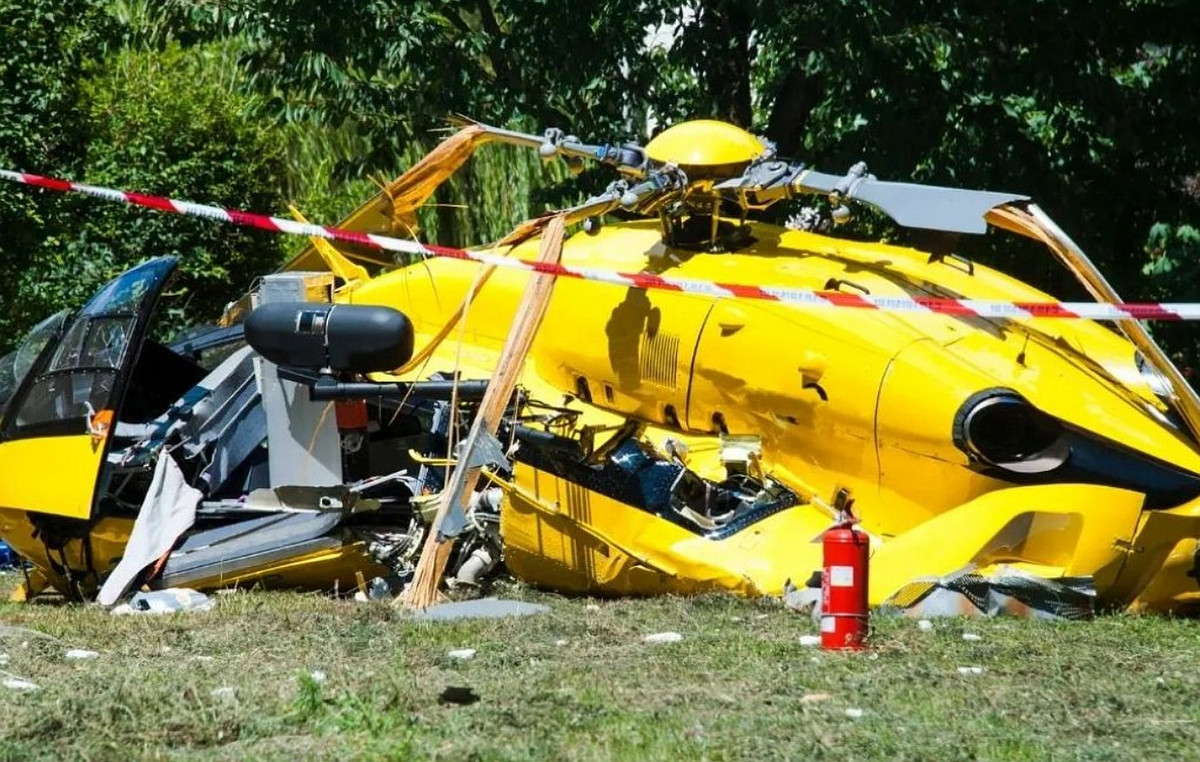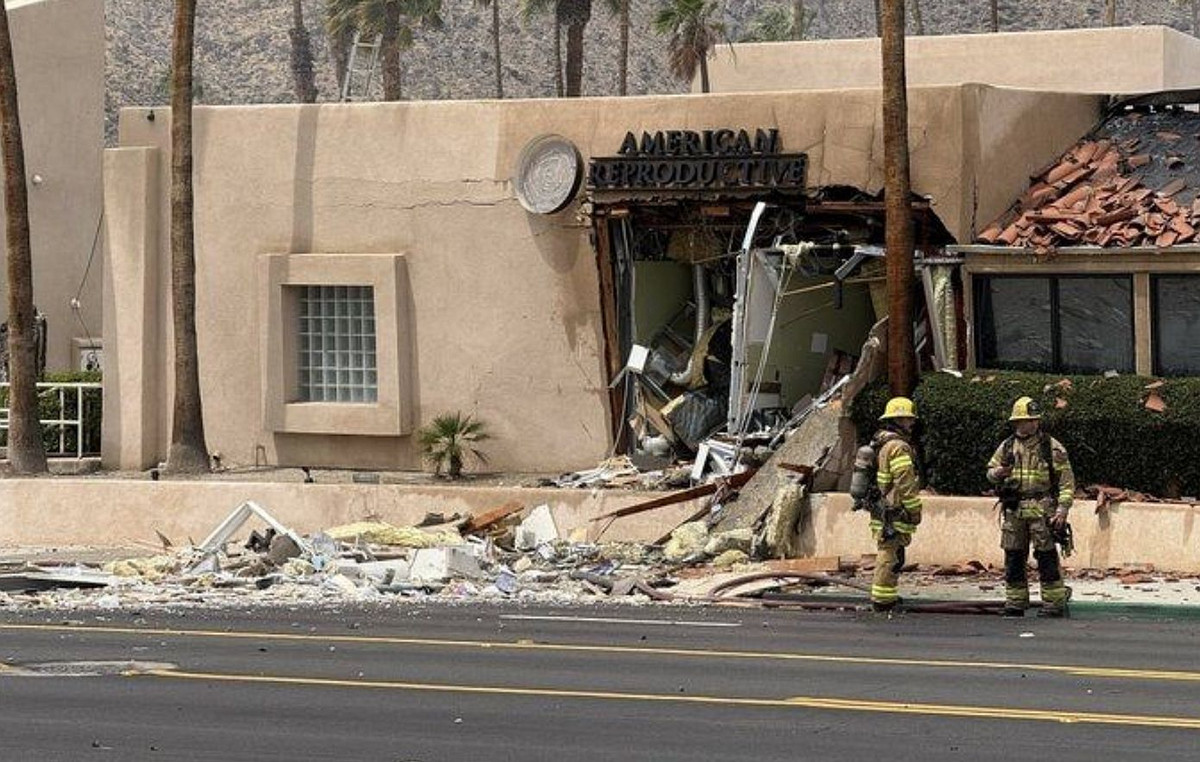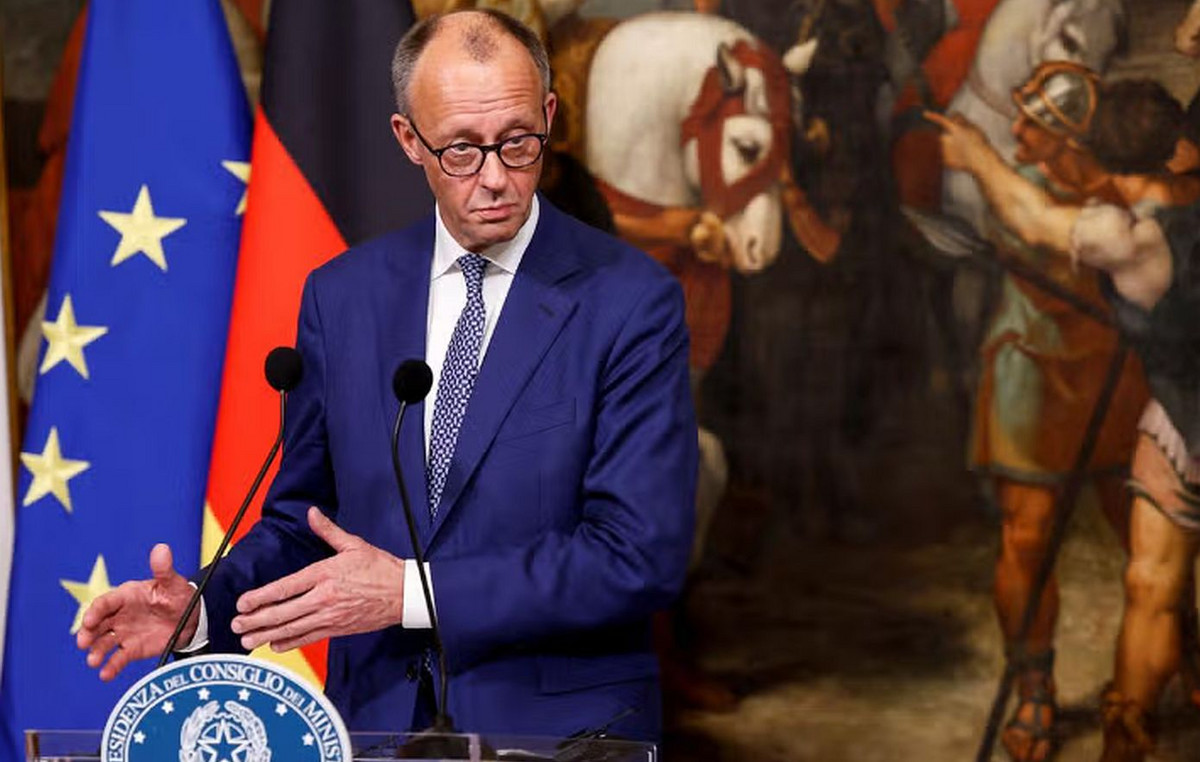Its leaders exert pressure EU. to rapidly draw up an investment program to increase the production of the European defense industry in light of the war in Ukraine, according to draft conclusions of the EU summit to be held on 15 and 16 December.
“The European Council… invites the Commission to soon present a proposal for a European Defense Investment Programme to strengthen the capabilities and resilience of European defense technology and the industrial sector, including small and medium-sized enterprises,” says the plan seen by Reuters today and cited by APE-MPE.
The British agency notes that adjustments are likely to be made to the document before the summit.
EU leaders will also press the Commission and the European Defense Agency to step up efforts to identify military gaps and coordinate joint defense procurement, particularly to replenish their stocks of materials, which they have set aside to support the Ukraine.
The EU has long called on its member states to join forces in arms purchases, rather than driving up prices by competing with each other or striking individual deals with suppliers outside the coalition.
Urgent issue due to the war in Ukraine
Countries have been reluctant to do so, but the war in Ukraine – which Russia calls a “special operation” – and the pace of Western arms deliveries to Kyiv have given the issue a new sense of urgency.
EU foreign policy chief Josep Borrell said this month that the EU and its member states have so far provided Ukraine with weapons and military equipment worth at least 8 billion euros.
At their Brussels summit, EU leaders will also call for speeding up infrastructure work with the aim of facilitating rapid military movements across Europeaccording to the draft conclusions.
Building and modernizing infrastructure such as roads and bridges is part of the EU’s ‘Military Mobility’ plan, which also aims to simplify and set common standards for military personnel and military equipment crossing borders by road, rail, by sea or by air.
Military experts have long pointed out that antiquated or deficient infrastructure and bureaucracy hinder the rapid movement of personnel and equipment, which will be critical if NATO allies need to send reinforcements to eastern Europe in the event of a conflict.
Source: News Beast
Bruce Belcher is a seasoned author with over 5 years of experience in world news. He writes for online news websites and provides in-depth analysis on the world stock market. Bruce is known for his insightful perspectives and commitment to keeping the public informed.







